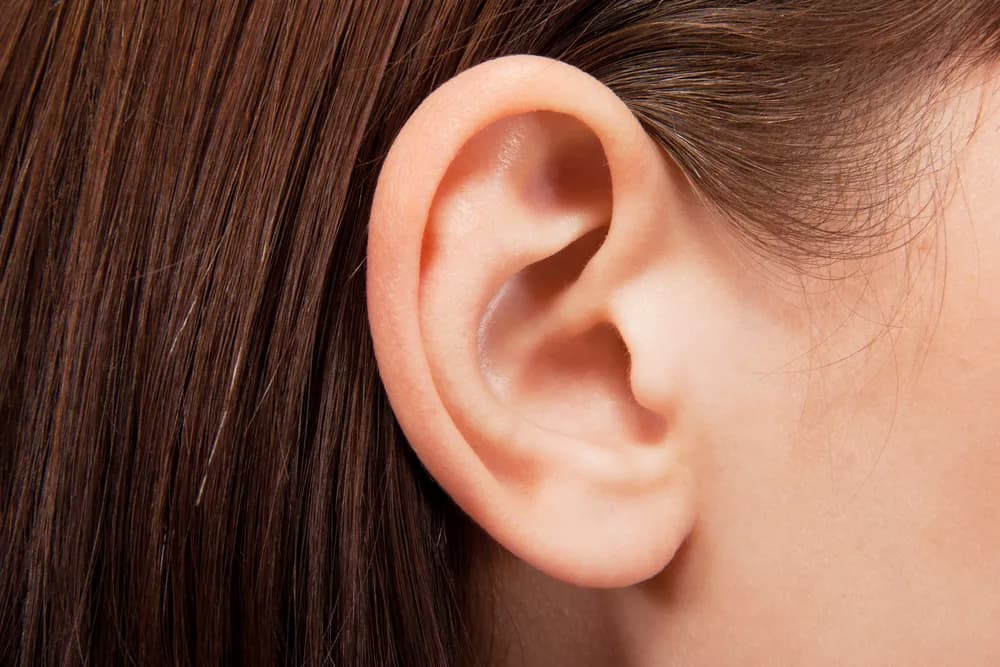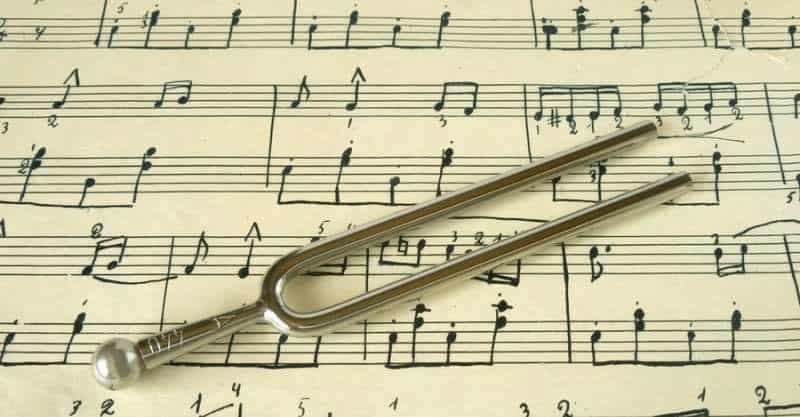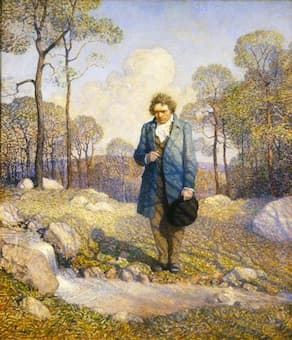Each human being is born with five senses; the senses of touch, sight, smell, taste, and the most important one for the musician: the sense of hearing.

© livescience.com
A disclaimer first; there have been some studies that have proved that the human body has more than the five senses as initially described by Aristotle, however for the purpose of this article, we shall focus on the five well-known ones.
If we have been gifted with these five senses, we, however, rarely use all five of them equally. Our sense of sight is perhaps the one we use the best and is traditionally educated to develop the most. Our sense of touch comes naturally — particularly through pain or pleasure. The senses of smell and taste are interconnected, and very few people learn to develop them well — chefs and sommeliers, on the contrary, spend a lifetime developing them. However, these are senses that we use every day, while we eat for instance.
Finally, our sense of hearing: musicians are constantly in need of developing the ears, their primary tool and an almost sine qua non for them.
How often do we realise how badly we use our sense of hearing though?
Aleksandr Scriabin: Prometheus: The Poem of Fire Op. 60
In order to understand better, let’s have a look at how our sense of sight works.
Early in age we are taught how to use our eyes and are able to identify colours, textures, shapes, forms etc. If the brain needs an introduction to the name that language has given to it — ie, this colour is orange —, there are then no difficulties for the human mind to identify any of these qualities in isolation.
When it comes to our sense of hearing, if that is the exact same case with some ordinary sounds — ie, recognising the sound of rain — it is much more difficult once we enter the realm of music language. In music, there are essentially two ways to understand and identify sounds; through perfect pitch and through relative pitch.

© musicindustryhowto.com
Perfect pitch is in essence the capacity at identifying sounds in a similar way to identifying colours. One is taught at a young age which sound is which, and no further support is needed — the ear recognises a sound, in that case, a note — instantly!
Relative pitch is the capacity at identifying sounds through a point of reference. In a visual world, this would equal to; this is red, now identify blue, green, and yellow. This translates as, this is in the note C, now find D E and F.
It is a pity for the aspiring musician, in contrast to the aspiring painter, who will not start his journey with all his tools at his disposal and will have to first understand what he has been gifted with, after working on developing his own skills.
If one was to be born with his or her ears used at their full potential, then this person would be said to have a perfect pitch. Being able to recognise musical colours for what they are, without going through a thought process.
Beethoven String Quartet Op. 135 in F Major – Ariel Quartet
The sense of hearing is perhaps the most important one for the musician, however, it is not the only one which matters. In fact, Beethoven has proven to us that some of our senses, such as the one of touch, can substitute for our sense of hearing. When he became deaf, the tragedy of the last part of his life, Beethoven would compose, holding a stick between his teeth, and connecting the composer with the piano. Through this Beethoven could feel the vibration of the instrument, and somehow hear in his internal ear what he was playing.

N.C. Wyeth: Beethoven and Nature (1917) (Steinway Art Collection)
Some other composers fuse their senses so that for each note they hear, they see a colour; these are called synesthetes and some of them include Messiaen, Scriabin, and Rimsky-Korsakov, but that is another story, for another article!
For more of the best in classical music, sign up for our E-Newsletter



